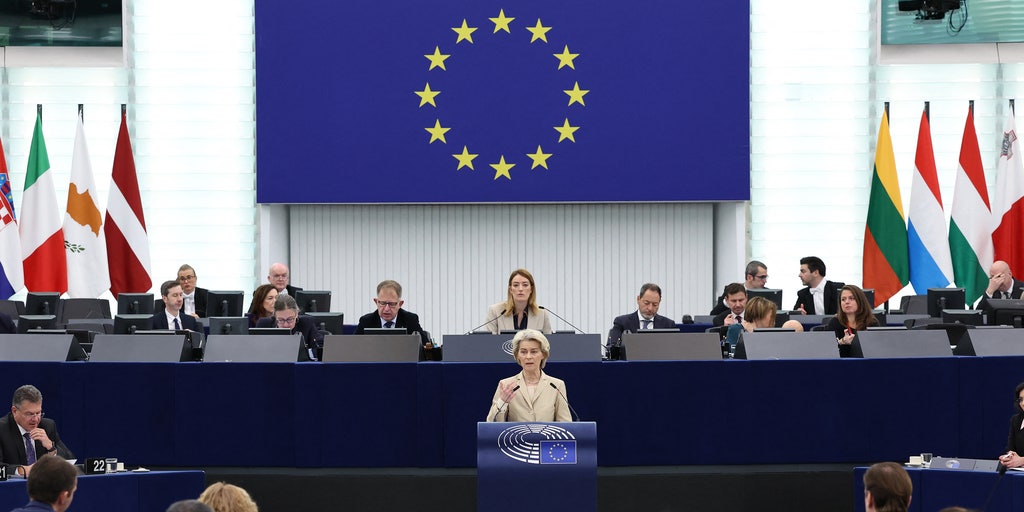The inauguration of the new artificial intelligence (AI) office by the European Commission this week marks a significant milestone in shaping the bloc’s AI policy landscape. Positioned as a pivotal entity, the office is not only tasked with guiding policy formulation but is also envisioned as a global benchmark, as per official statements.
In its announcement on the official website, the commission highlighted the pivotal role of the European AI Office in fostering the development and deployment of reliable AI technologies while mitigating associated risks. Positioned at the core of AI proficiency within the European Commission, this office lays the groundwork for a unified European AI governance framework.
Emphasizing the cultivation of an innovative ecosystem conducive to trustworthy AI applications, the committee underlined the dual objectives of harnessing societal and economic advantages while ensuring a strategic and cohesive European stance on AI at the global stage, solidifying its status as a worldwide touchstone.
The unveiling of the AI strategy package by the Commission in April 2021 underscores the ambition to elevate the European Union (EU) into a premier AI hub, underpinned by a human-centric and trustworthy AI ethos.
The primary focus of the new office lies in harmonizing policies across member states and bolstering their respective regulatory mechanisms—a key facet of the Bletchley Park agreement inked during the world’s inaugural AI safety summit.
The Bletchley Declaration, endorsed by 28 nations including the United States, China, and the United Kingdom, revolves around two core tenets: identifying AI safety hazards and formulating risk-based policies to ensure safety measures in light of such threats.
The quest for regulating AI advancement prompted the European Commission to introduce an AI innovation package, featuring initiatives like GenAI4EU aimed at supporting startups and small to medium-sized enterprises, ensuring adherence to EU principles and regulations in all AI endeavors.
In a bid to democratize access to cutting-edge AI technologies, European Commission President Ursula von der Leyen unveiled an initiative to grant European AI startups access to the continent’s supercomputing resources. Additionally, a competition offering €250,000 (approximately $273,500) in prize money was launched to incentivize companies developing new AI models under open-source licenses for non-commercial purposes or mandating research findings publication.
The competitive landscape in AI extends beyond technological prowess, with AI safety policies emerging as a critical domain for nations vying for industry leadership.
In response to these imperatives, the U.S. established the U.S. Artificial Intelligence Safety Institute under the aegis of the National Institute of Standards of Technology post the safety summit, with a focus on setting standards for AI model safety, security, and testing.
Echoing this momentum, Europe introduced the EU AI Act, hailed as the globe’s foremost comprehensive legislation on AI. The European Parliament underscored the imperative for AI systems developed within member states to embody traits like safety, transparency, traceability, non-discrimination, and eco-friendliness, advocating human oversight over automation to avert adverse outcomes.
The AI Office is poised to collaborate with a diverse array of entities, including institutions, experts, and stakeholders, alongside an autonomous panel of scientific experts to forge robust ties with the scientific community.










